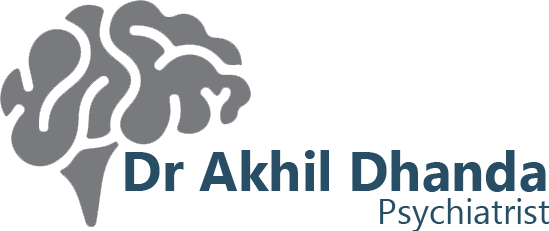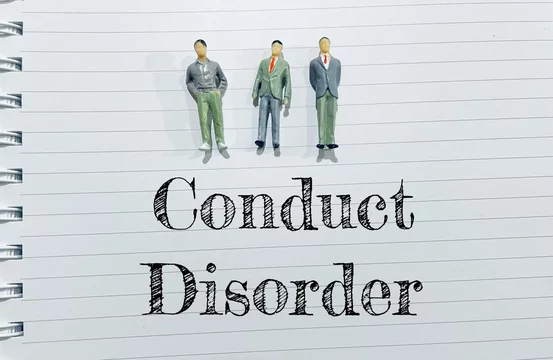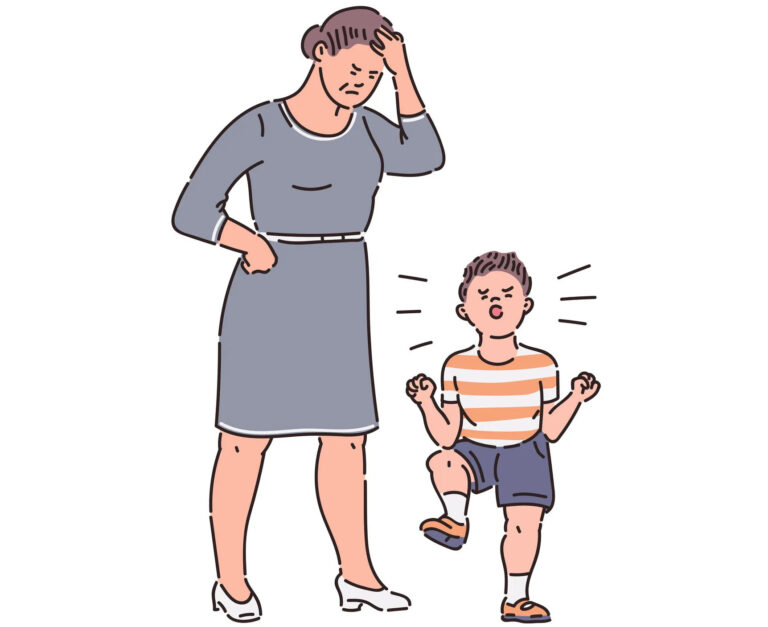Impact Of Conduct Disorder On Social And Academic Functioning
Conduct Disorder (CD) is a mental health condition characterized by a persistent pattern of behavior that violates societal norms and the rights of others. Individuals with CD often display aggressive, deceitful, and rule-breaking behaviors, which can significantly impact their social and academic functioning. This article aims to explore the multifaceted effects of CD on both social interactions and academic performance, highlighting the challenges faced by affected individuals and strategies for intervention and support.
Understanding Conduct Disorder: An Overview
Before delving into the impact of CD, it is essential to understand its nature and diagnostic criteria. CD typically manifests in childhood or adolescence and is characterized by a variety of disruptive behaviors, including aggression towards people and animals, destruction of property, deceitfulness or theft, and serious violations of rules. These behaviors often persist over time and can lead to significant impairment in various domains of functioning.
https://www.youtube.com/@akhildhanda8867
Social Functioning: Strained Relationships and Social Isolation
One of the most noticeable impacts of CD is on social functioning. Children and adolescents with CD often struggle to establish and maintain positive relationships with peers, family members, and authority figures. Their aggressive and antisocial behaviors may alienate others, leading to social rejection and isolation. As a result, individuals with CD may lack the social support networks that are crucial for healthy development and adjustment.
Peer Relationships: Rejection and Peer Victimization
Peer relationships play a central role in the lives of children and adolescents, providing opportunities for social interaction, emotional support, and skill development. However, for individuals with CD, peer relationships can be fraught with difficulties. Their aggressive and disruptive behaviors may lead to rejection by peers, who may perceive them as unpredictable or threatening. Further aggravating their social challenges, people with CD may also be more susceptible to peer victimization, such as bullying and harassment.
Family Dynamics: Strain and Conflict
The impact of CD extends beyond peer relationships to the family environment. Family dynamics may become strained as parents and siblings struggle to cope with the disruptive behaviors of the affected individual. The constant conflict and tension within the family can disrupt communication, undermine trust, and erode familial bonds. Parents may experience feelings of frustration, guilt, and helplessness as they attempt to manage their child’s behavior while balancing the needs of other family members.
Academic Functioning: Disrupted Learning and Underachievement
In addition to social challenges, CD can significantly impair academic functioning. The disruptive behaviors associated with CD, such as aggression, defiance, and impulsivity, can interfere with learning and academic achievement. Individuals with CD may struggle to focus in class, complete assignments, and adhere to school rules and expectations. As a result, they may experience academic underachievement, falling behind their peers academically and failing to reach their full potential.
School Engagement: Truancy and Disciplinary Issues
School engagement is essential for academic success and positive youth development. However, individuals with CD may exhibit patterns of truancy, school refusal, and disciplinary problems that disrupt their education. They may be more likely to skip classes, engage in disruptive behavior in school, and face disciplinary actions such as suspensions or expulsions. These challenges can create a cycle of academic disengagement and failure, further compromising their future prospects.
Impact on Academic Performance: Long-term Consequences
The impact of CD on academic functioning can have long-term consequences for affected individuals. Academic underachievement and school dropout are associated with a range of negative outcomes, including limited employment opportunities, lower earning potential, and increased likelihood of involvement in the criminal justice system. Without adequate intervention and support, individuals with CD may face significant challenges in transitioning to adulthood and achieving their goals.
Intervention and Support: Strategies for Addressing Social and Academic Impairments
Despite the challenges posed by CD, there are various strategies for addressing the social and academic impairments associated with the disorder. Early intervention is critical, as it can help prevent the escalation of behavior problems and mitigate the negative impact on social and academic functioning. Multimodal interventions that combine behavioral, cognitive-behavioral, and family-based approaches have been shown to be effective in reducing disruptive behaviors and improving social and academic outcomes for individuals with CD.
Conclusion
In conclusion, Conduct Disorder can have a profound impact on social and academic functioning, affecting relationships, peer interactions, family dynamics, and academic achievement. The disruptive behaviors associated with CD can create significant challenges for affected individuals, impairing their ability to succeed in school and navigate social environments. However, with early intervention and appropriate support, individuals with CD can learn to manage their symptoms and develop positive coping strategies, enhancing their overall well-being and quality of life. It is essential for educators, mental health professionals, and families to work collaboratively to address the social and academic needs of individuals with CD, providing them with the resources and support they need to thrive.
For any further queries, Plz visit psychiatristdrakhildhanda.com or you can check our social media accounts, Facebook, Instagram







